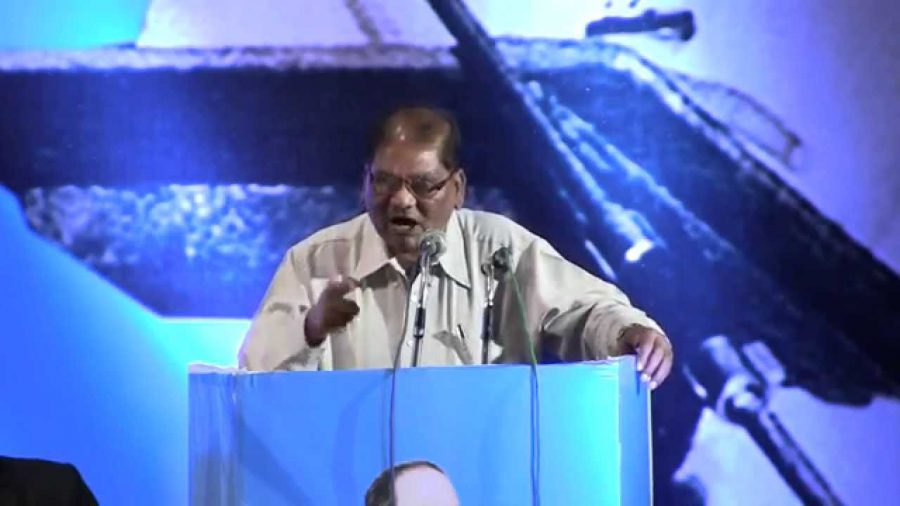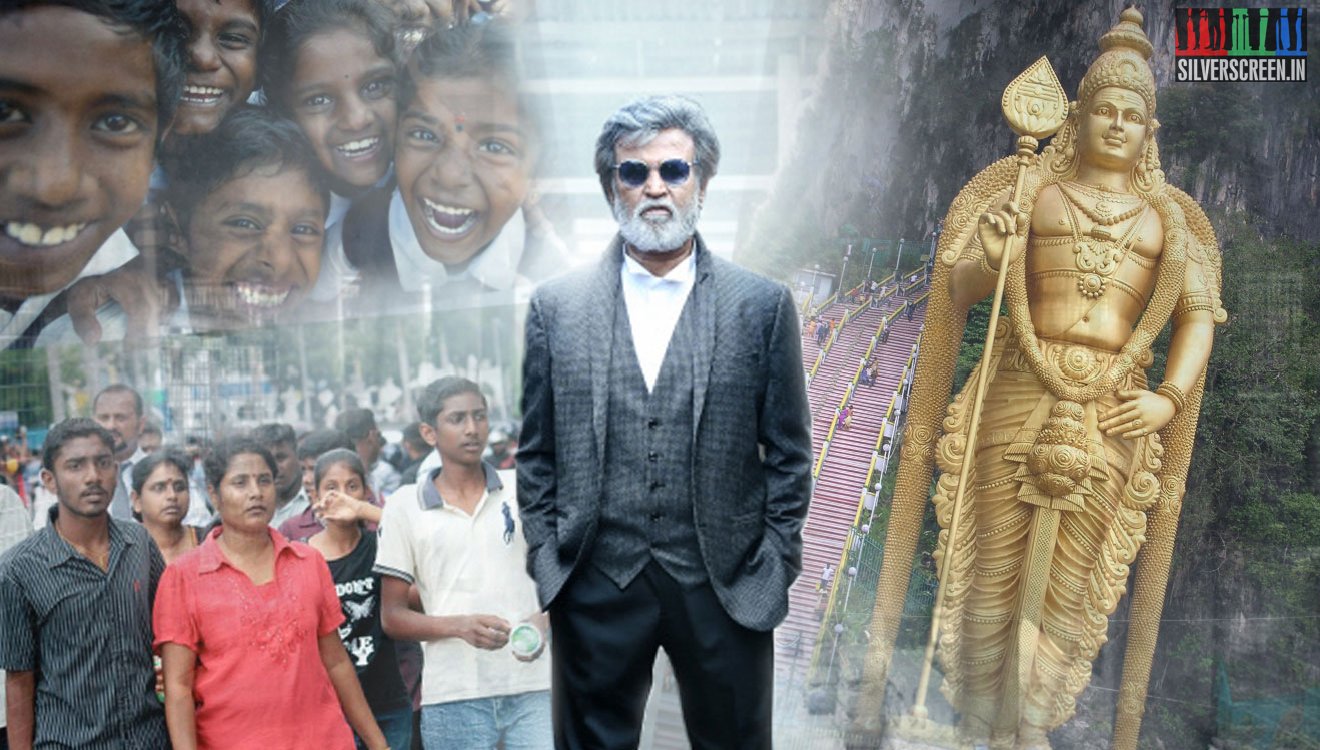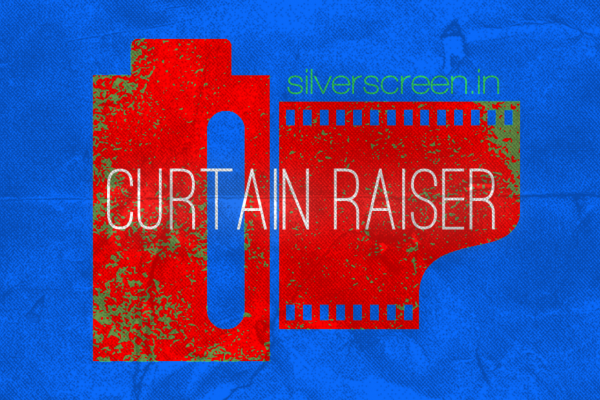Professor YB Satyanarayana, the author of My Father Balaiah, is hoping that the film Kabali takes the book beyond academic circles. The book has received the necessary attention ever since the opening scene of Kabali featured Rajinikanth’s character in prison, flipping through pages of the book.
Prof. Satyanarayana is a retired professor from the chemistry department of Osmania University, Telengana. In an interview with The New Indian Express, the author had expressed his desire that the book be read by all and not just research students. “Though my book is already being researched by one student in HCU and another in Pune University and has found a place in libraries of Yale and Harvard Universities, I hope that the book will now come into drawing rooms and not just stick to academic circles,” he said.
Credit: Amazon.in
The book is a biography of his Telengana Dalit family. The book explores the hardships faced by the author’s grandfather and father at a time when discrimination against the Dalits was of a different paradigm altogether. The author’s grandfather, Narsaiah, was gifted 50 acres of land by the Nizam for making him a pair of silver slippers, but he faced harassment from his upper caste neighbours for owning land.
Prof. Satyanarayana is confident that the book will make a bigger impact on young Tamilians because of its popularity. The book is being translated into Tamil, Telugu, Kannada, Hindi, and Bengali. Incidentally, one of the scriptwriters of Kabali is one of the translators of his book.
Several crew members in Kabali, including Pa Ranjith, have been vocal about their Dalit caste identity. Ranjith had previously portrayed the plight of the Dalit life in his second film Madras (2014) – an endeavor he continues in Kabali.
Recommended
Prof. Satyanarayana’s book is among the most celebrated contemporary Dalit literature. Dalit literature has seen a reinvention in terms of style and content in the past couple of decades. There has also been a surge in Dalit writing that speaks first-hand about Dalit life as a discourse of rights. Dalit literature, is being taught in colleges and institutions and is now a major literary genre. Many texts are being translated from Marathi, Tamil, Kannada, to English – and vice-versa. English translations of Omprakash Valmiki’s Joothan (2003), Narendra Jadhav’s Untouchables (2005) and Baby Kamble’s The Prisons We Broke (2009) have gained wide readership since they were translated into English.
Dalit writers and critics have often called Dalit autobiographies ‘narratives of pain‘. Prof. Satyanarayana admits that such an ‘antagonism will never end’, hence the fight must continue.
My Father Balaiah was published by HarperCollins in 2011.
Photo credits: Centre for Dalit Studies’ YouTube video and Amazon.in



